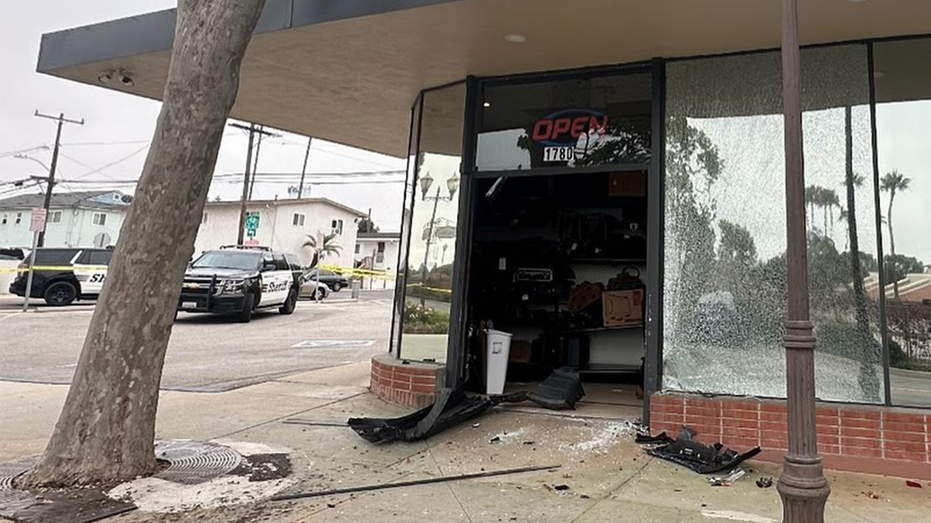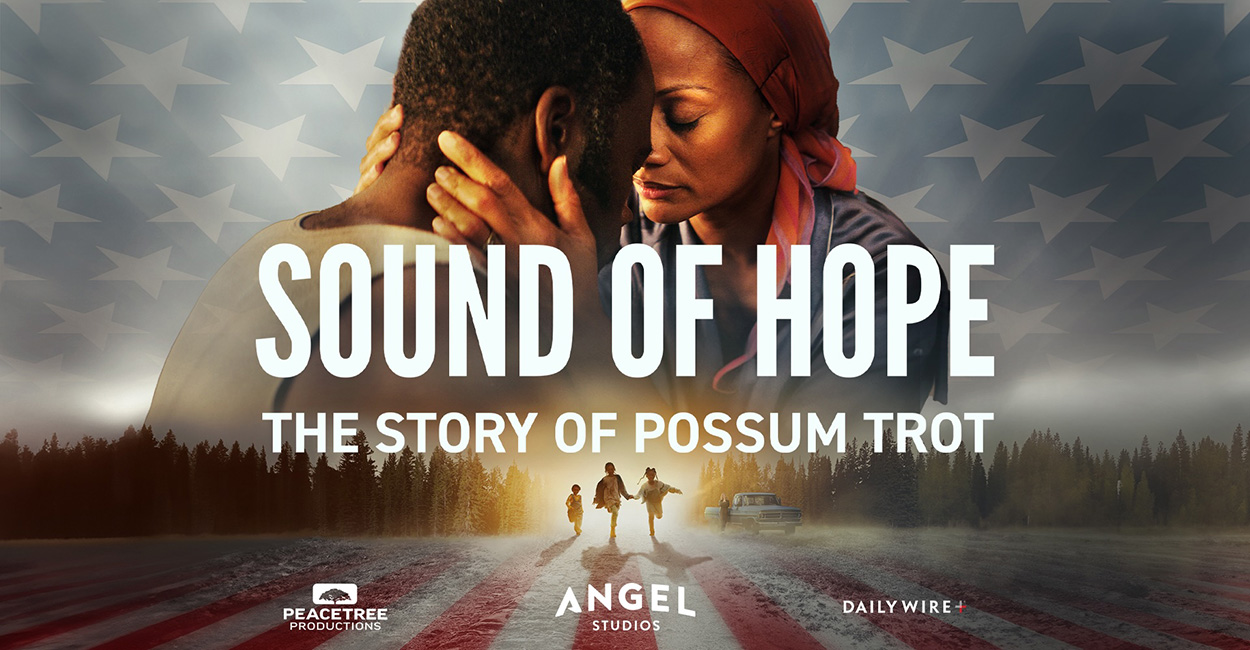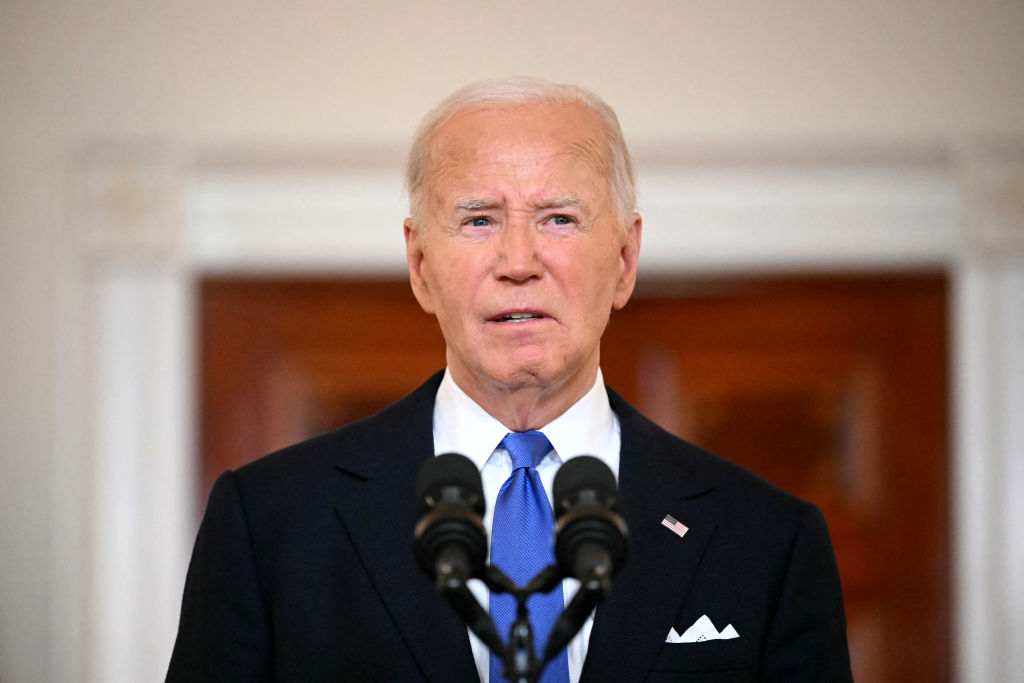

CHASIV YAR, Ukraine — Much of the world’s attention in recent months has been focused on Ukraine’s desperate battle to hold off a Russian offensive targeting Kharkiv, the country’s second-largest city after the capital of Kyiv.
Yet a momentous strategic battle is being fought in this devastated, obscure city on the front lines some 200 miles from Kharkiv. Outgunned Ukrainian forces have managed to hold their lines as U.S. and other Western aid and ammunition are finally starting to make their presence felt.
In the wee hours of a Monday morning late last month, a British-made Spartan armored personnel carrier roared down a dusty country road in Ukraine’s eastern Donetsk region.
With their eyes glazed over or heavy with sleep, the soldiers of Ukraine’s 28th Mechanized Brigade remained silent. The rumble of the engine and the clatter of treads rhythmically slapping the ground were deafening, rendering conversation nigh impossible.
Not that the men were in the mood for a chat: They had climbed aboard the Spartan at about 2 a.m., and a couple of them were hoping to catch up on some sleep. Every five minutes, Andrii, 30, silently shifted his weight from left to right, hoping, to no avail, to find a more comfortable position between his armor-clad comrades and the boxes of ammunition and packs of bottled water.
After an uneventful 30-minute drive, the Spartan came to a halt.
SEE ALSO: Kremlin hiking taxes in Russia to fund ongoing war against Ukraine, U.K. officials say
“Dismount!” Andrii shouted without missing a beat. One by one, the soldiers awkwardly exited the cramped vehicle, gun in hand, into a moonlit clearing where they were greeted by a soft, cool breeze and, more ominously, the acrid smell of smoke.
“That’s Chasiv Yar burning,” said Evguenii, the press officer of the brigade. For security reasons, troops on the front lines are identified in print only by their first names.
A small industrial town of 12,000 people before the invasion, Chasiv Yar acquired key strategic significance after Russia’s capture of neighboring Bakhmut in May 2023. Now besieged by Russian forces eager to press on their advantage in the east, most of Chasiv Yar has been leveled to the ground by relentless artillery fire and glide bombs.
Still, the city has not fallen despite widespread fears of a Russian military breakout this spring.
As the unit drove toward the front line that morning, diffuse smoke covered the road like mist on a cold winter morning, and the orange glow of a rocket briefly lit up the cloudy night sky. Whether it was Ukrainian or Russian was impossible to tell.
Andrii and his comrades had little time to enjoy the cool summer night as Russian drones constantly flew overhead. Under the red glow of their helmet-mounted LED flashlights, the men unloaded the Spartan quickly. They picked up boxes of ammunition, water and sleeping bags before leaving the clearing.
“Five meters,” one of them ordered. That was the safety distance for each soldier to keep with others to minimize casualties if they were shelled or, more likely, hit by a drone.
After a 10-minute walk punctuated by the distant rumble of artillery, the Ukrainian soldiers reached their home for the next five days, much to the delight of two ratty stray dogs. Nestled in a leafy undergrowth between the road and gently rolling hills, the position sat in the middle of a two-way artillery range. Russians were posted only a couple of hundred yards away.
A decade of war
As the rest of the unit split up, Andrii slumped under a tree, an energy drink in one hand and an electronic cigarette in the other. In between long drags of his vape, he recounted how he volunteered to join Ukraine’s Aidar battalion after the outbreak of war in the easternmost Donbas region in 2014. He was only 20.
“I’ve been fighting for 10 years now,” he said with a weary smile. “Nobody has asked or ordered me to join the army. I understood by myself that I had to defend my country from the Russian swine.”
Since 2014, the year Russia unilaterally annexed Crimea, Andrii has fought in Schastya, the Luhansk region, Kurdiumivka and now Chasiv Yar.
In recent months, the town’s defenders found themselves in an increasingly precarious position as they contended with shortages of men and artillery shells while facing relentless Russian assaults.
Despite their overwhelming fire superiority, Russian forces have been unable to capture the town, leading some observers to suggest that the Kremlin’s window of opportunity in the east is closing as foreign military aid trickles down to the front line, shoring up Ukrainian defenses.
“Don’t think we have no shells here; we do have them,” said Semyon, 26, the commander of an artillery unit of the Lyut (Fury) brigade of Ukraine’s National Police. “Had you arrived here a couple of hours earlier, everything would have been full,” he said as he gestured toward rows of neatly aligned 122 mm shells stored in a dugout.
“As for the countries that provided them, it’s mostly European countries and the United States, though we do also have older Soviet ammunition.”
Andrii and his comrades also feel an improved supply situation.
“It doesn’t seem to me that there are any major shortages of ammunition here,” said Oleksandr, a native of Ukraine’s western region of Ternopil. “As you can hear, their artillery is working, and so is ours.”
As he spoke, the muffled crack of an outgoing mortar round echoed in the distance, followed by the whistle of the shell rising through the clouds.
Yet, the main threat looming over the battlefield didn’t come from a whistle but from an ominous buzzing sound.
“Mavic!” shouted Denys, furrowing his brow. The men froze, their lit cigarettes slowly burning between their still fingers. Above our heads, the buzzing grew louder, stopped for a moment and vanished in the distance like a monstrous insect that had lost trace of its prey.
Both sides used commercially available Mavic drones to spy on the enemy and transmit coordinates to the artillery, and not an hour went by without one buzzing over the undergrowth.
“Our drones generally fly lower than theirs,” said Andrii. “If you can hear them well, most of the time, they’re ours.”
Mere seconds after the threat receded, a muffled voice over the radio ordered the soldiers to assemble the pieces of the 12.7 mm Browning M2 lying about the dugout. The gun had already been set up; it just had to be adjusted with the coordinates given by headquarters.
After a 15-minute wait and a last cigarette, they received the order to fire. Between each deafening roar of the gun, Oleksandr corrected the coordinates and adjusted the Browning.
“On average, we fire around 1,000 bullets a day,” he said as he swatted away the swarms of mosquitoes hovering over the trench, “mainly when the Russians rotate between positions.”
Contemporaries described the industrial carnage of World War I as “months of boredom punctuated by moments of terror.” In that respect, there is little difference between the trenches of northern France and those that now scar the black Donbas earth.
Between two missions, Andrii and his comrades spent most of their time idly talking, chain-smoking and thinking about the next meal or rotation at the rear. Lying on a yoga mat beneath a tree, his eyes half closed, Semyon spent his eighth day at the position and had grown accustomed to the background concert of rumbling artillery.
He didn’t even flinch when a Russian helicopter flew overhead before firing its missiles at a Ukrainian position up the road.
“They’re quite active here, both theirs and ours,” Evguenii said.
At the end of this fairly routine day punctuated by naps, mosquito bites and ribald jokes, Semyon was due to be evacuated, but Russian fire blocked the road to the rear position.
After a few hours of restless sleep in a rudimentary shelter underground, the young man returned to the clearing and lit a last cigarette as the breaking dawn’s orange hue appeared on the horizon.
Exhausted but unscathed, Semyon would enjoy a short rest away from the front before his next rotation.
Not everyone was so lucky. Using a blanket as a stretcher, Oleksandr, Denys and two others carefully lifted a wounded soldier aboard the Spartan. The short man looked dazed, his arms and legs badly burned by a Russian shell and his uniform reduced to charred, tattered rags.
“Good luck,” Oleksandr and Denys said in parting before heading back to the position with its dull and occasionally deadly routine.

















